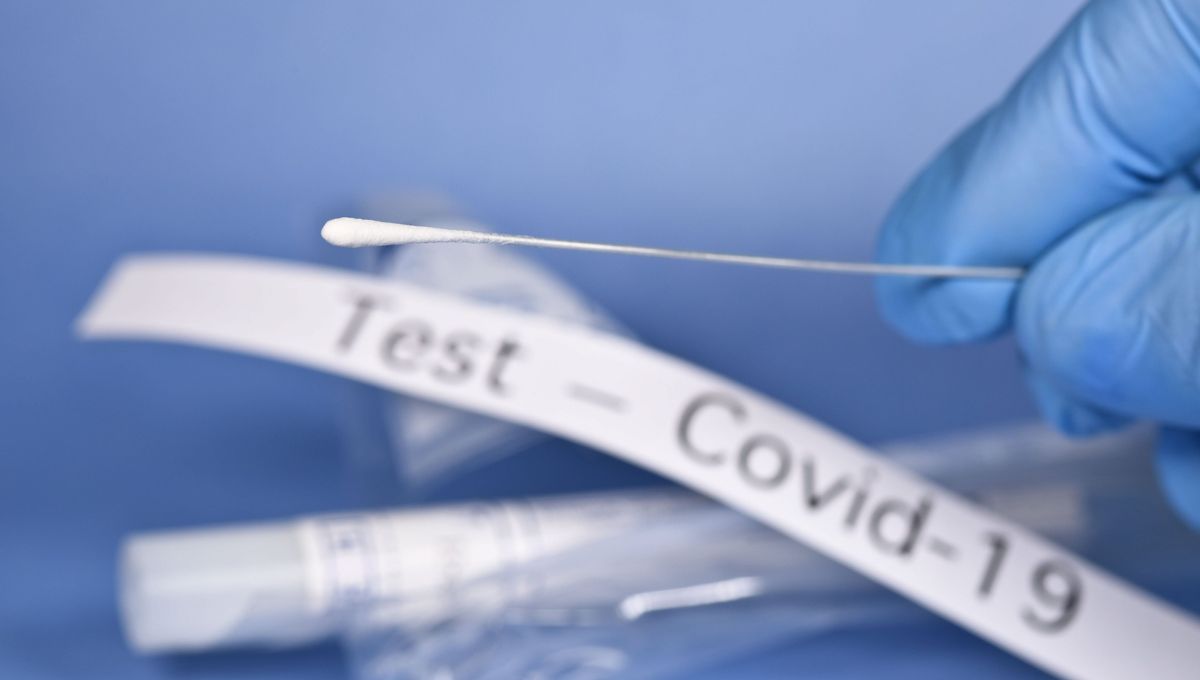A negative Covid-19 report isn’t the end of the problems associated with the virus, warn doctors. They now say that since it affects multiple organs, those who were on mechanical ventilation, ICU or form into any high-risk category of lung fibrosis are the group of people who need to watch out for the need to have a re-admission.
People with diabetes or obesity, prolonged illnesses are also much likely to go back to hospitals with symptoms like breathlessness and decrease in oxygen even after testing negative and getting discharged from hospital.
Archana Dhawan Bajaj, gynecologistobstetrician and IVF expert, Nurture IVF, said, “The thrombosis and protein loss due to the virus can lead to delayed recovery. COVID re-infection is rare and people facing re-infection are mainly those with co-morbidities, healthcare workers and frontline workers. Hence, this is something to watch out for in people of these subgroups.”
On the signs to watch out for even after turning negative, Vikas Maurya, director and HOD, Pulmonology, FortisHospital, Delhi said Covid-19 causes inflammation in our lungs, kidney, heart, and other organs. “Therefore, post-Covid-19, people can still experience extreme weakness, and it takes time to fully recover. But those who have mild symptoms can recover a bit faster than those who experience moderate to severe symptoms,” he said.
Hari Kishan Boorugu, consultant physician, Yashoda Hospitals, Somajiguda, Hyderabad, said people need to maintain adequate hydration and follow a healthy diet after recovery. “Avoid eating outside food as it can be difficult for the body to take additional stress in case they develop food-borne gastroenteritis. Patients with diabetes and high blood pressure need to monitor their sugar and BP while making sure that they are in good control, as often they tend to fluctuate post-COVID, due to multiple factors — change in diet, stress, and medication,” he said.



 Logging you in...
Logging you in... Loading IntenseDebate Comments...
Loading IntenseDebate Comments...

